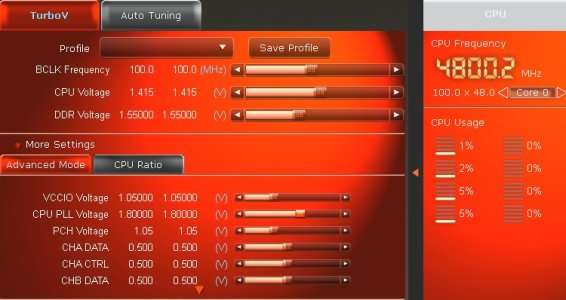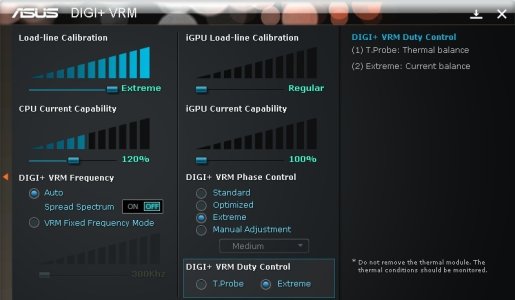got my shiny dh-d14 not new 2 OC but never with a good cooler 
any ways i got hard time's getting 4.8 2 work stable it's almost there crash after 1H+ of prime
volt's

and vram

am a little scared 2 go over 1.42 under load it can go as far as 1.43 juice the volt's more even although temp's r just scratching 70's
any ideas ?
well love reference that explain in detail all the bios option's btw
any ways i got hard time's getting 4.8 2 work stable it's almost there crash after 1H+ of prime
volt's

and vram

am a little scared 2 go over 1.42 under load it can go as far as 1.43 juice the volt's more even although temp's r just scratching 70's
any ideas ?
well love reference that explain in detail all the bios option's btw
